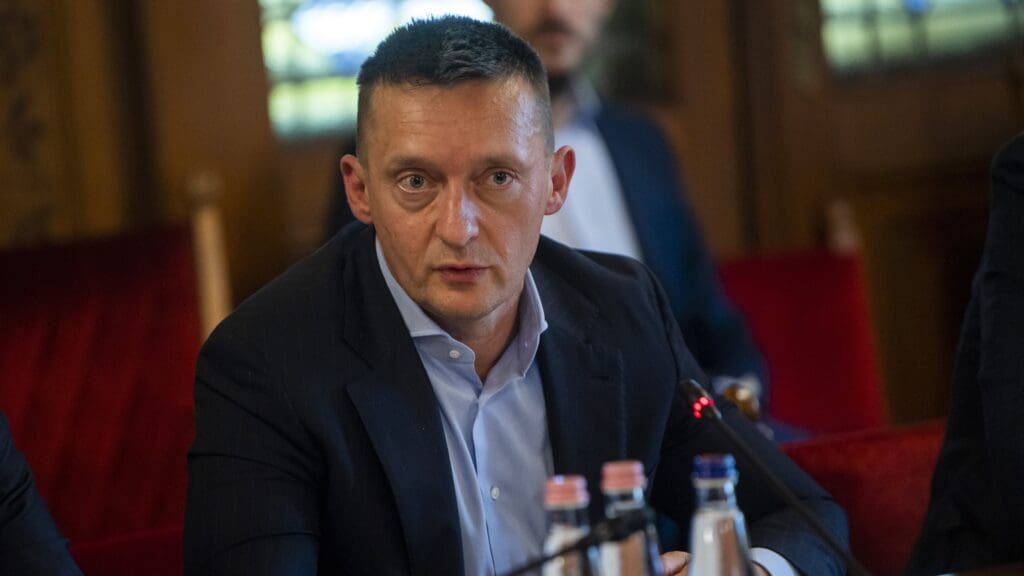The United Kingdom’s economy has been hit hard by the consequences of the war in Ukraine. Inflation is sky high, while food and energy prices are also drastically increasing in the country, threatening people’s livelihoods. From January to July 2022, fuel prices have increased by 43.7 per cent, making energy hardly affordable for many British families. The Bank of England forecasts a fall in households’ post-tax income, possibly by as much as more than 5 per cent, which would be the worst on record since the 1960s. As the pressure on households mounts and consumption decreases, the growth rate of the UK economy is projected to slow down from the current 5.7 to 3.3 per cent. At the same time, inflation is expected to further increase, reaching 13 per cent by the end of this year.
Sanctions imposed on Moscow play an important role in the contraction of the UK economy. 96 per cent of goods imported from Russia, and 60 per cent of goods exported there are subject to restrictions due to the sanctions. From £33mn in June, Russian imports to the UK are down by 96 per cent, a historic low, with energy imports falling to zero in June for the first time. Before the war, the United Kingdom was importing a significant portion of its household energy from Russia. In fact, in 2021 Russia was the UK’s largest supplier of refined oil (24.1 per cent of all British refined oil imports came from Russia), 5.9 per cent of the UK’s crude oil imports and 4.9 per cent, of Britain’s gas imports were from the Russian Federation. Since June, no energy is being imported from Russia to the UK, so London has looked for some alternative suppliers, with imports from Norway and Qatar having increased. However, these new sources of energy could not stop a dramatic increase in energy prices. UK exports are also hit by sanctions. British exports to Russia have fallen by 67 per cent—for instance, the exporting of cars has stopped altogether.
The war induced economic shock comes on top of the contraction caused by the pandemic. The Office for National Statistics recently revised down (by 1.7 per cent) its annual volume of GDP growth rate figures, revealing that the UK’s domestic product fell by 11 per cent in 2020. This is the biggest fall in output in the country’s last 300 years, since 1709 to be specific, as the historic data posted by the Bank of England indicate. The loss of output is also the worst ever recorded among G7 countries. While the UK has experienced a double-digit contraction, the output drop in other major economies such as in the US, Canada, Japan and Germany, stayed between 3.4 and 5.2 per cent.
Despite the economic troubles at home, the British government has not stopped funding Ukraine, apparently prioritising aid over the wellbeing of its domestic population. Boris Johnson has just announced an extra £54M in military aid to Ukraine. Since February, the UK has spent more than £2.3 billion on military and financial assistance to Ukraine. Marking Ukraine’s 31 years of independence, the UK pledged to send 2,000 drones and anti-tank artillery to Ukraine. The commitment to supply Ukraine with aid while the British population is experiencing the biggest strain on its wellbeing in decades raises worrying questions. Have British Conservatives forgotten whose interests they were elected to serve? There is no denying that the war in Ukraine is tragic and that we should be compassionate when it comes to the suffering of the Ukrainian people. But the responsibility of all governments is first and foremost towards their own people, no matter what.








